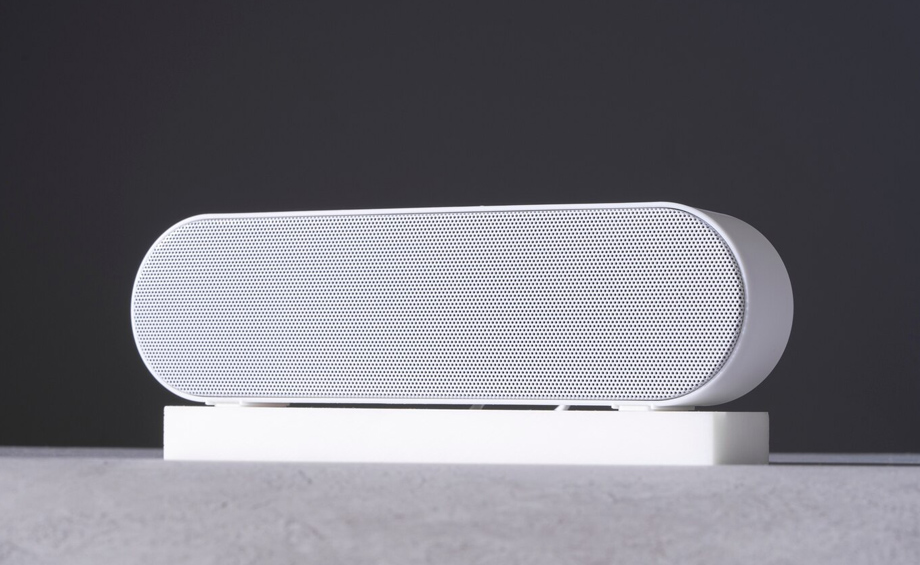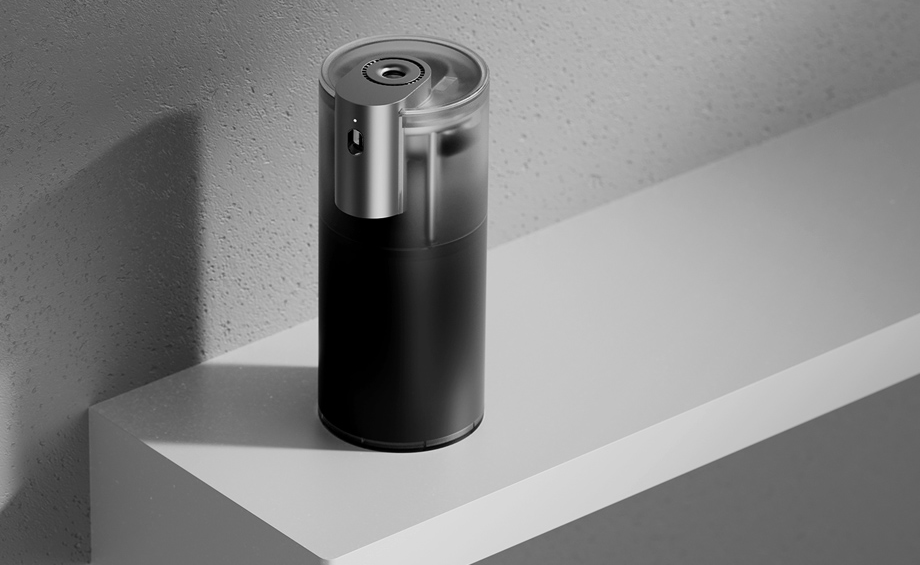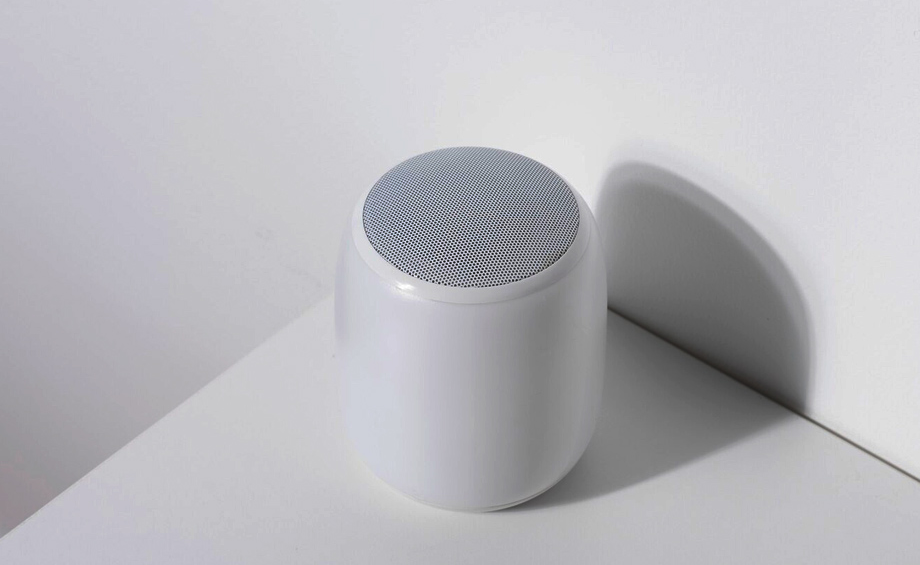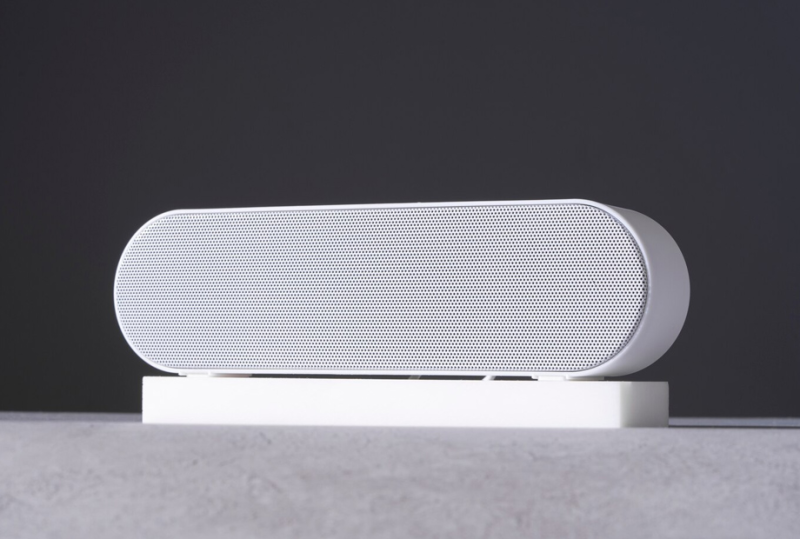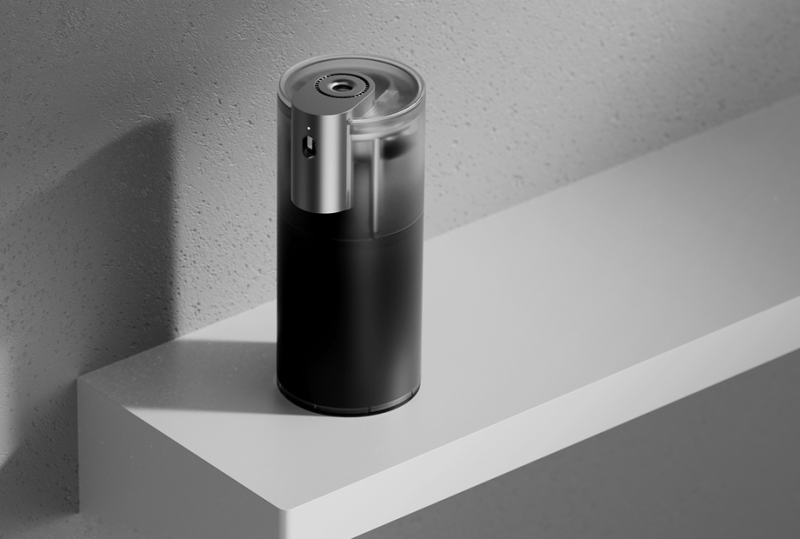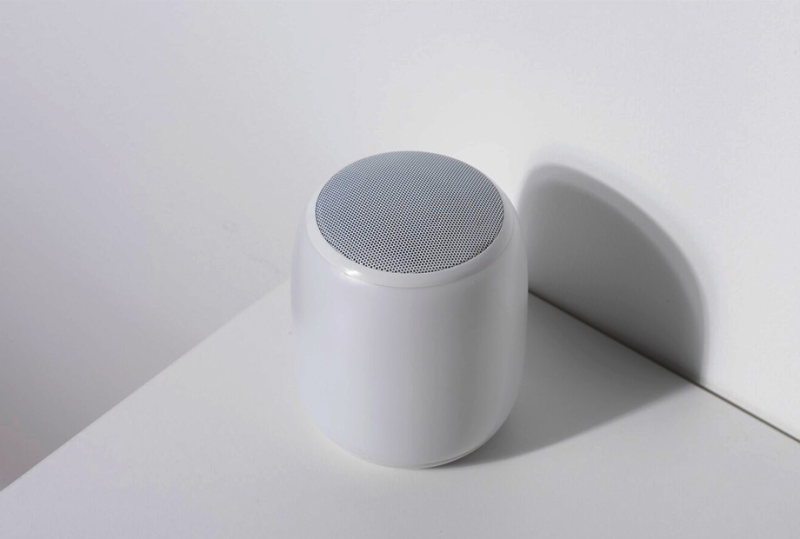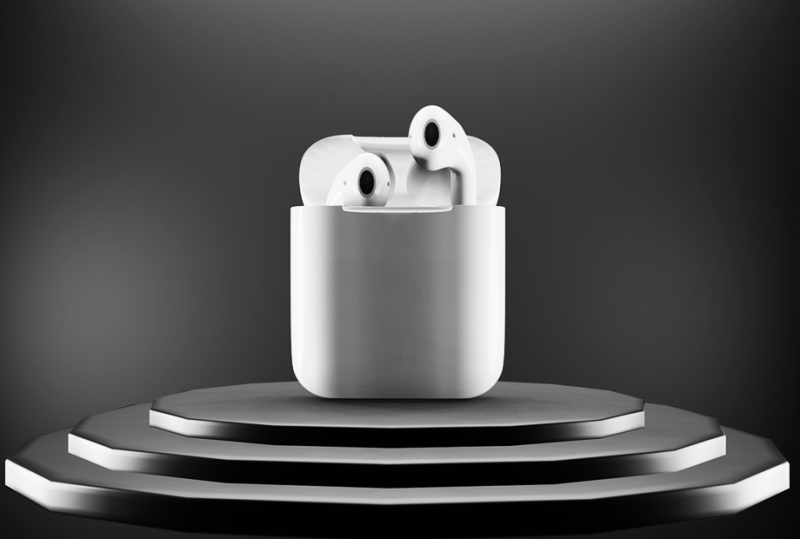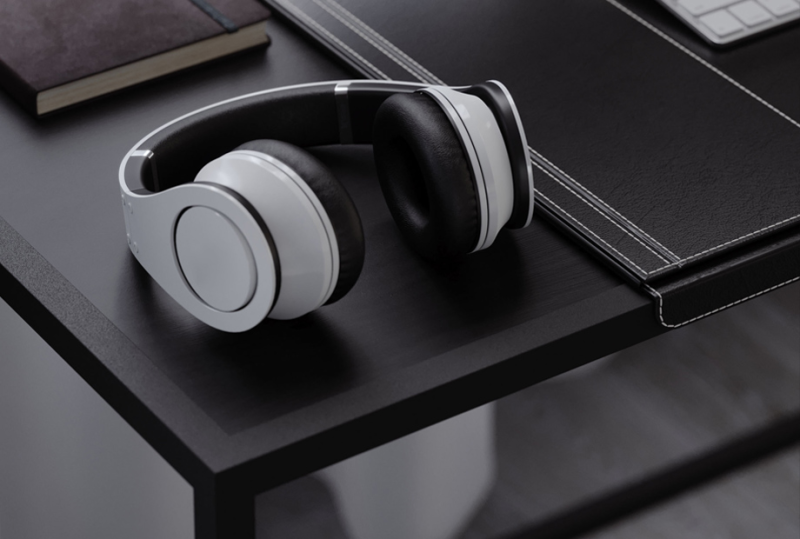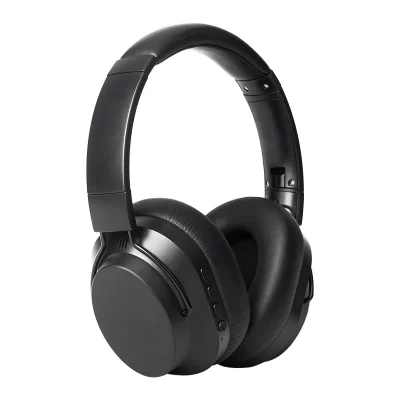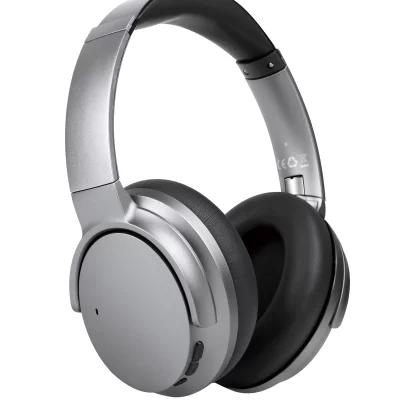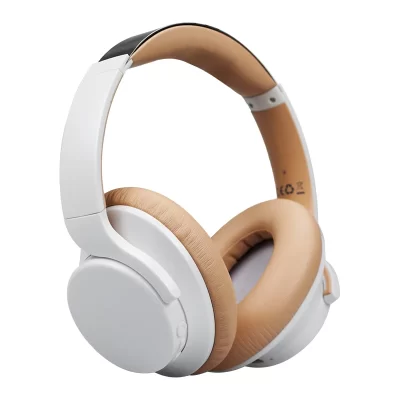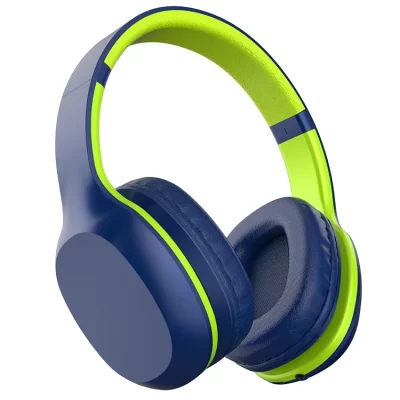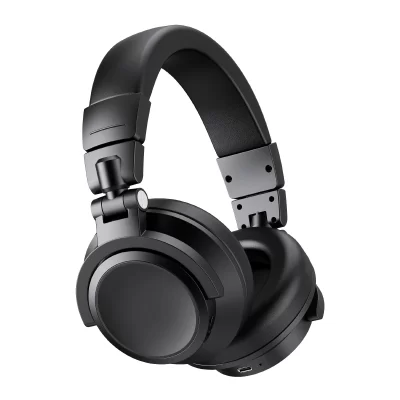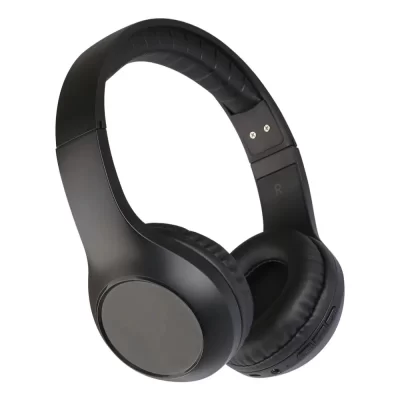Have you ever marveled at the convenience of a Bluetooth speaker? You’re not alone. In our high-tech world, we often take these impressive devices for granted. Let’s take a deeper look at how Bluetooth speakers work and how to maximize your listening experience.
What Is a Bluetooth Speaker?
Bluetooth speakers are a marvel of modern wireless technology that allow us to enjoy our favorite music without the worry of tangled wires or the limitations of wired connections. They are an audio device that communicates with a paired device like a smartphone or laptop, taking digital audio signals and converting them into the beautiful sound waves we all love to hear.
How do Bluetooth Speakers Work?
Now let’s get into the details. How do these incredible devices turn your favorite playlists into beautiful, pleasing sounds?
The role of radio waves
Bluetooth technology uses radio waves, a type of electromagnetic waves, to transmit data. It is essentially a two-way radio communication system. The transmitting device (such as your phone) uses these waves to send audio data to the Bluetooth receiver in your wireless speaker.
Bluetooth profiles
A Bluetooth profile is a set of rules or protocols that determine what a Bluetooth device can do. For audio, we use the Advanced Audio Distribution Profile (A2DP). This profile is designed for wireless streaming of high-quality audio. It’s like having a well-trained music mailman deliver all your favorite tracks directly to your speakers!
Bluetooth Speaker Components
Beneath the sleek exterior of a Bluetooth speaker are several key components that play a vital role in playing your favorite music.
Amplifier
The amplifier is the “muscle” behind the audio. It boosts the audio signal so it can drive the speaker and produce sound. It’s the heavyweight champion among Bluetooth speakers, ensuring you can enjoy your music at volumes ranging from a soothing whisper to full-on party mode.
Digital Signal Processor (DSP)
The DSP is like the brains of your speaker. It processes the digital audio signal, controls frequency and volume, and can even add special effects to the sound. It’s like having a little sound engineer living inside your speaker to ensure you get the best sound quality.
Driver
The driver is where the magic happens. This is where the audio signal is converted into actual sound waves that your ears interpret as music, speech, or whatever audio you’re playing. It’s like the grand finale of a great fireworks display, beaming your music to the world.
How to Connect Your Bluetooth Speaker
When comparing wireless and wired speakers, Bluetooth connectivity may seem like a kind of witchcraft, but once you get the hang of it, it’s fairly simple. Here’s a handy step-by-step guide to help you get the most out of Bluetooth.
Step-by-step guide to connecting
Turn on your Bluetooth speaker
First, let’s turn on the speaker! This is usually done by pressing and holding the power or Bluetooth button until you see the Bluetooth icon flashing.
Enable Bluetooth on your device
Next, you’ll need to wake up the Bluetooth settings on your transmitting device. On mobile devices, you’ll usually find this in the settings menu.
Pair your device and speaker
Now it’s time to introduce the speaker to your device. Make sure your speaker is in pairing mode (usually indicated by a flashing light), then select the speaker from the list of available Bluetooth devices. The devices will then do a little digital handshake, and voila! You’ve successfully paired the devices.
Troubleshooting connection issues
If you run into any issues, don’t panic. Make sure both devices have Bluetooth enabled and are within range of each other. Restarting your device or speaker will usually fix any issues with the pairing process.
Maximize Your Bluetooth Speaker Experience
Now that you’re familiar with how to connect a Bluetooth speaker, how can you make the most of it? Let’s explore a few key considerations to elevate your audio experience.
Choose the Right Speaker for Your Needs
It’s not just about how Bluetooth speakers work, but also about which speaker is best for you. Let’s look at a few key factors to consider when choosing a Bluetooth speaker.
Battery Life
If you’re often on the go or like to listen to music for long periods of time, you’ll want a Bluetooth speaker with a long battery life. Nothing ruins the mood more than having your speaker run out of juice while playing your favorite song.
Sound Quality
For us audiophiles, sound quality is king. Look for speakers with a good frequency range and high-quality speaker drivers to ensure clear and balanced sound.
Portability
Among the many benefits of a Bluetooth speaker, portability is at the top of the list. If you love beach parties, camping trips, or just want to take the party with you, a portable Bluetooth speaker is your best friend.
Durability
Life happens, and sometimes that means your Bluetooth speaker takes a fall. Some speakers have features like waterproofing or a shockproof design, perfect for those adventurous souls!
Positioning Your Speaker for the Best Sound
Position, position, position! Even the best Bluetooth speakers can lose sound if they’re not placed properly. Experiment with different positions, taking into account factors like room size and surfaces. Pro tip: Placing the speaker close to a wall can enhance bass frequencies!
Do Bluetooth Speakers Need Wi-Fi?
You may be wondering if you need Wi-Fi on a portable Bluetooth speaker. The answer? No! Bluetooth and Wi-Fi are different wireless technologies. While some smart speakers may require Wi-Fi for certain features, regular Bluetooth speakers rely entirely on Bluetooth connectivity.
Embrace the Wireless Revolution with Bluetooth Speakers
Remember, friends, understanding how Bluetooth speakers work will help you get the most out of your device and truly appreciate this amazing technology. Whether you’re a fan of classical symphonies, vibrant pop, or pulsating electronic beats, Bluetooth speakers can bring your favorite sounds to life wirelessly. In this ever-changing world, who doesn’t want a soundtrack to go with the flow?
So grab your mobile device, pair up your Bluetooth speakers, and let the music flow. After all, life is a song; you might as well listen to it in high-definition sound, right? Happy listening everyone!

